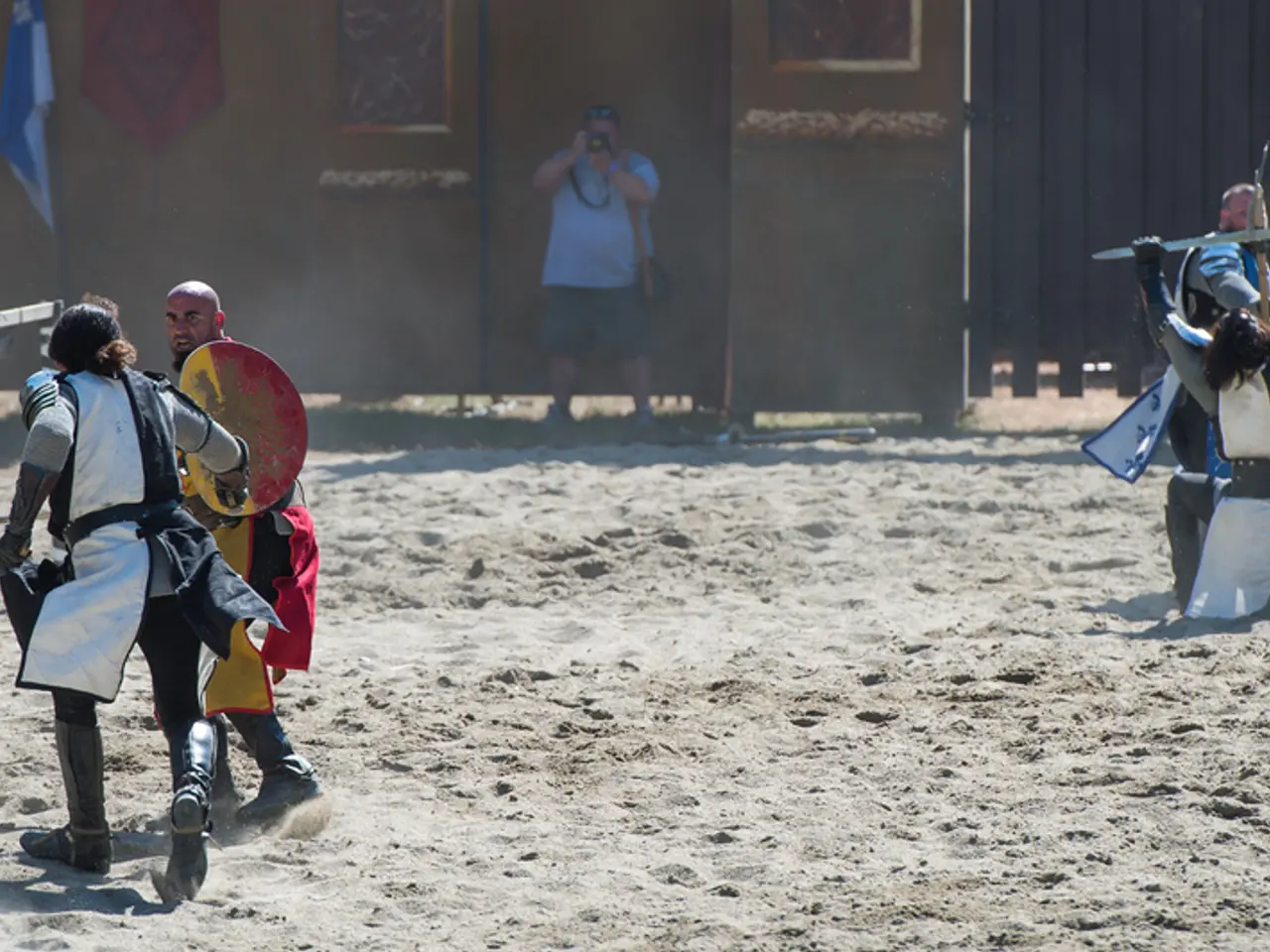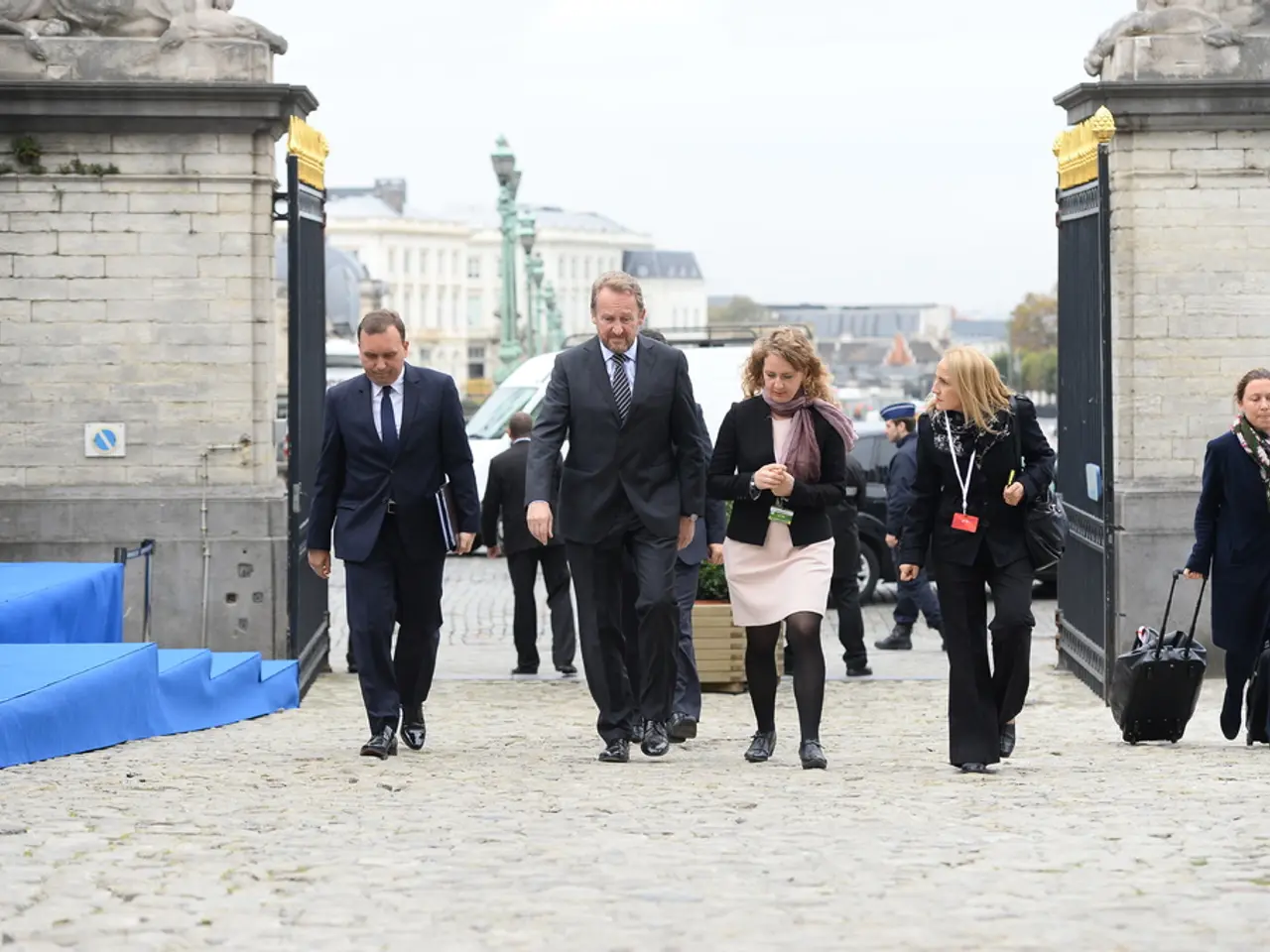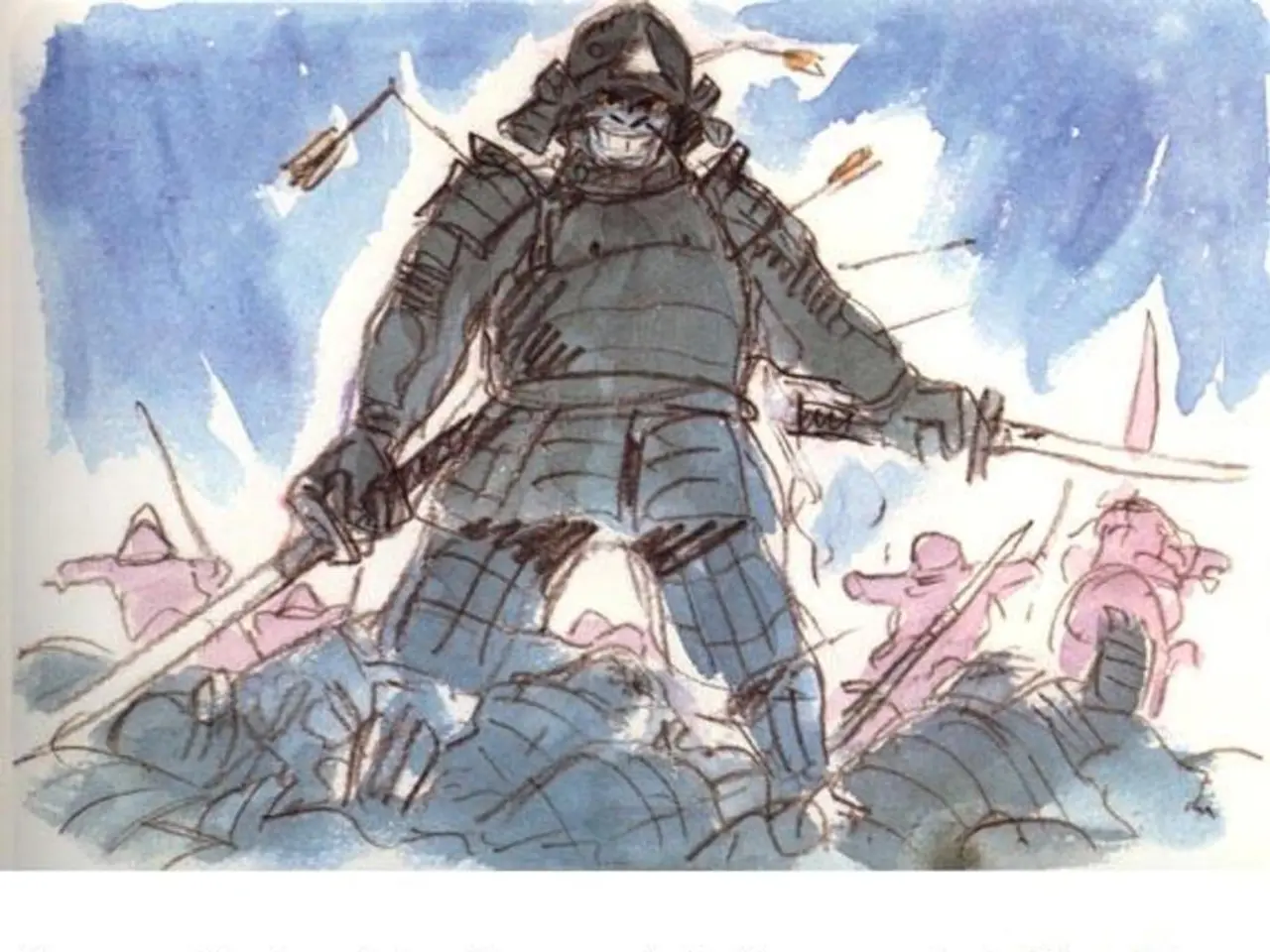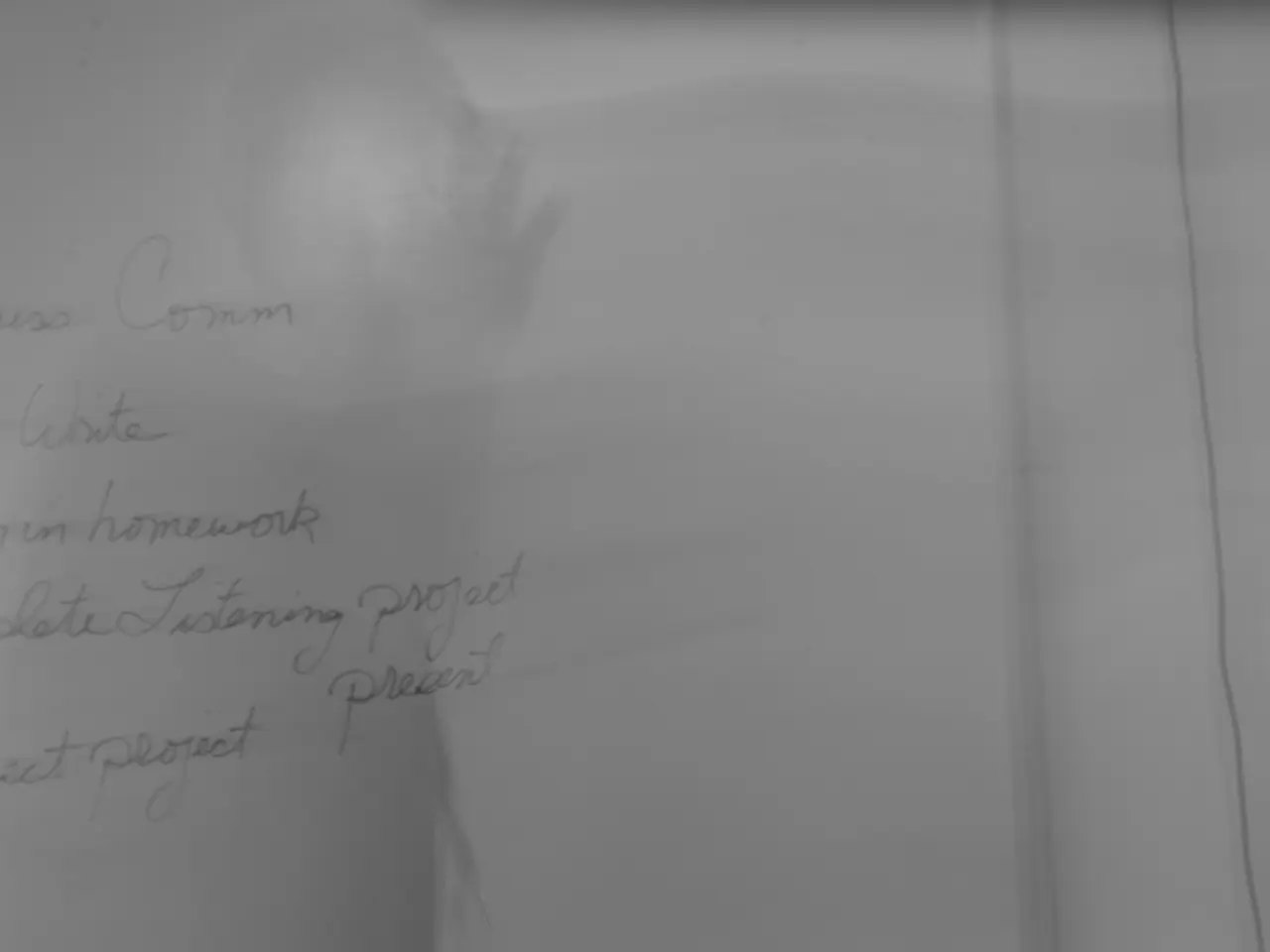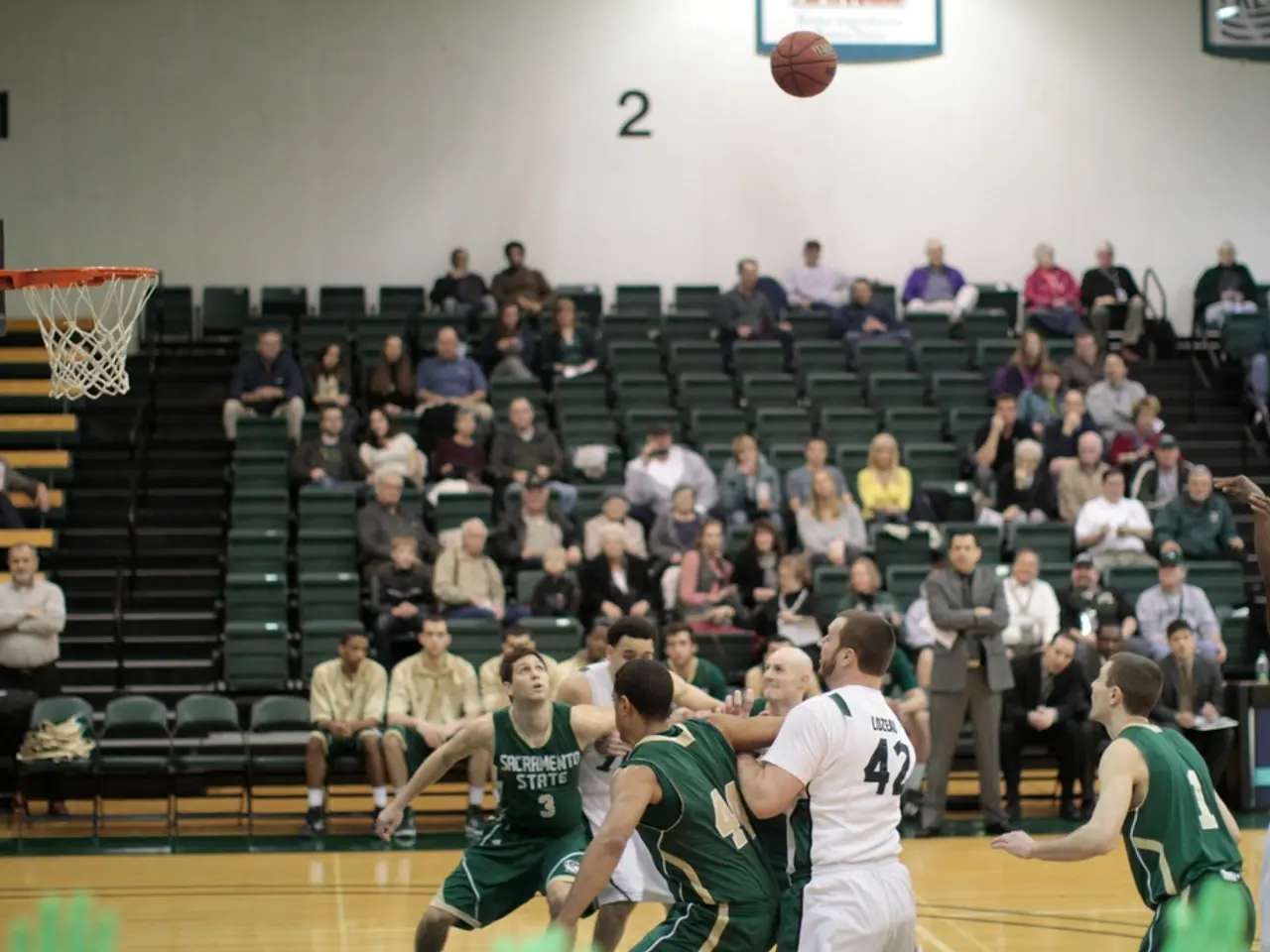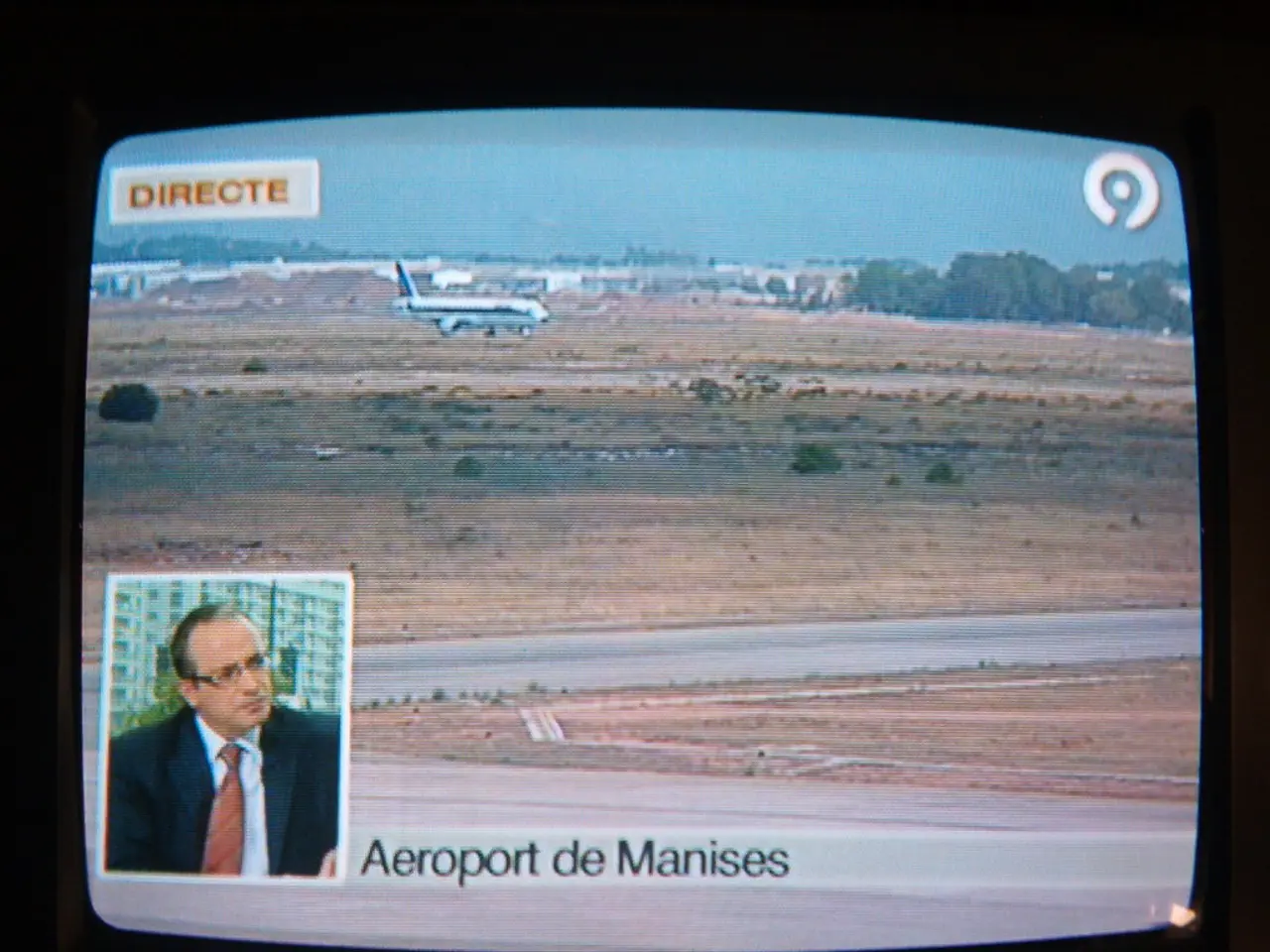Ceasefire violation prompts demonstration of public outrage
The Thai and Cambodian militaries have been engaged in repeated hostilities along their disputed border, despite a ceasefire agreement that was brokered on July 28, 2025. The conflict, which has involved artillery, rocket, and air strikes, has had significant military and civilian impacts, worsening bilateral tensions.
The Civil Aviation Authority of Thailand has enforced a ban on all drone flights within a 9-kilometer radius of airports and temporary landing zones in 14 provinces, including Trat, Chanthaburi, Sa Kaeo, and Ubon Ratchathani, to ensure safety during this volatile period. Violators of the drone ban face up to one year in prison, a fine of 40,000 baht, or both.
The ceasefire agreement was intended to halt all hostilities without condition and took effect at midnight on July 28. However, within hours of the agreement, clashes resumed, with Thailand accusing Cambodian forces of breaches at three border locations and of using ancient temple ruins as shields in violation of UNESCO guidelines. Cambodia, on the other hand, has denied these claims while asserting the ceasefire held.
The escalation in late July involved exchanges of gunfire, artillery, and rocket attacks at over a dozen border sites, leading to martial law in Thai border districts and striking civilian sites on both sides, damaging critical infrastructure including hospitals and schools. Diplomatically, the clashes led to downgrading of bilateral relations, recalling ambassadors, emergency UN Security Council sessions, and pleas from ASEAN for immediate ceasefire, highlighting the fragility and repeated violations undermining peace efforts.
In response to the Cambodian attacks, Thai forces exercised their right to self-defence under international law. Thailand has submitted a letter of protest against the Cambodian ceasefire breach to the Malaysian Minister of Foreign Affairs, in Malaysia's capacity as ASEAN chair. Thai embassies and consulates worldwide are taking an active role in clarifying the Thai-Cambodian border situation to the international community.
Thailand will bring foreign military attaches based in Thailand to visit the Thai-Cambodian border over the next couple of days. The site visit is intended to help them gather first-hand information, particularly regarding non-military areas attacked by Cambodian forces. The Royal Thai Army has condemned the Cambodian military for a second violation of the bilateral ceasefire agreement signed on July 28.
Discussions held at the regional commander level on Tuesday resulted in a general agreement on the framework for dialogue and coordinated actions between military units on both sides. A General Border Committee (GBC) meeting will be held on Aug 4, and Thailand is awaiting a formal invitation from Cambodia. Speaking ahead of a Defence Council meeting, Deputy Defence Minister Natthapon Narkpanich said he told the army to coordinate the visit to show them the impact on Thai civilians of the Cambodian military's actions.
Sporadic fire continued into the morning of Wednesday in some areas along the border. At Chong Khanma in Si Sa Ket, Cambodian troops opened fire with small arms at Thai positions on Tuesday evening. In the Preah Vihear area, Phu Makheu and Huai Thamariya in Si Sa Ket, sustained small arms fire and mortar shelling were reported from the Cambodian side on Tuesday night. At Pha Mo E Daeng in Si Sa Ket, mortar rounds were launched from Cambodian territory into Thai territory on Wednesday morning, clearly breaching the ceasefire.
The Royal Thai Army has been collecting evidence of Cambodian distortions, including aerial imagery and geospatial data from GISTDA and private sector sources. However, this information will not be released at this stage. Thailand is hopeful that the forthcoming GBC meeting will lead to a resolution of the ongoing border disputes and a lasting peace for both nations.
[1] [Source 1] [2] [Source 2] [3] [Source 3] [4] [Source 4]
- The ongoing war-and-conflicts along the Thai-Cambodian border have sparked intense interest in the United Nations, governments, and regional organizations as policy-and-legislation regarding the situation are being updated and strengthened by various countries to address the escalating tensions.
- Amidst the recent developments in general-news, political leaders have emphasized the importance of diplomatic efforts and dialogues in resolving the border disputes between Thailand and Cambodia, with the hope that these discussions will lead to the implementation of agreed-upon policies and legislations that support lasting peace in the region.
